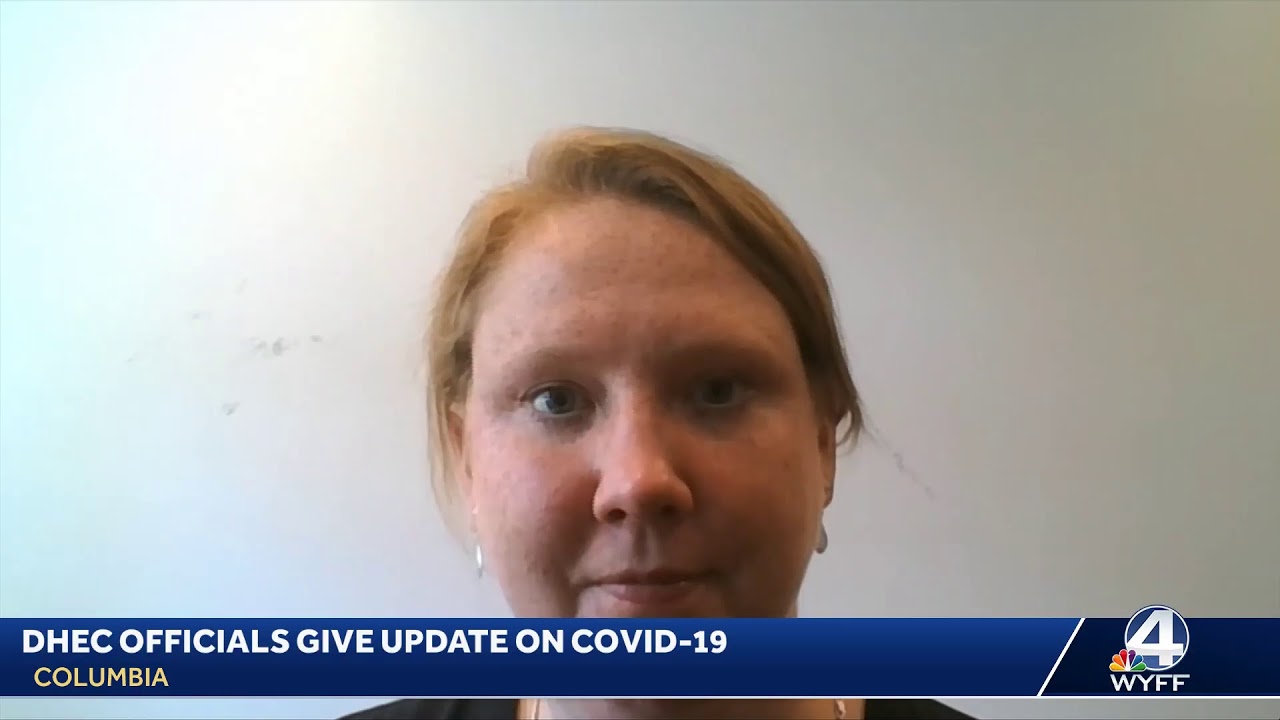When you’re running a startup, one of the things probably going through your mind is “where do I get more money?”
A startup company is really too new to be a reliable investment or borrower for many, say experts in the field of startup funding. If your company has only been around a few years, it has no history or reputation.
So it can be hard to get that initial capital to get your company off the ground. In order to reach the heights you want, you’ll have to consider what Christy Ashkettle, the director of communications and culture at Next, says are the three F’s: family, friends and fools.
“Fools” are the risk-takers willing to take a chance on your new venture.
In a profile about Greenville’s startup environment, Bloomberg described some startups as having “pride of place in Greenville” and said that the city’s “downtown is sprinkled with young businesses the way coffee shops now dominate the main drag in other cities.”
The startup environment, Bloomberg notes, could very well be the answer to reviving postindustrial towns.
Startup companies have the potential to bring funding, economic growth and jobs to communities. But again, that trust in the business to deliver can be fairly low.
“Startup capital is notoriously difficult for companies to find,” says Matt Dunbar, managing director at angel-investing platform Venture South. It’s true “particularly in regions where there’s not a really strong or developed history of venture capital type of investing. That’s most places in the country.”
Venture South is just one organization that provides investment and education to startup companies.
“We essentially make a market between individual investors and the startups that want to raise money,” Dunbar says. “We are focused on companies that are at the ‘go-to-market’ stage. It’s more than an idea; it’s a real business.”
Obviously, platforms like Venture South can’t invest in everyone. It’s a speculative business. “Investing in startups is extremely risky,” Dunbar says. “Statistics tell us that half of the startups we invest in are likely to fail.”
Startups need to show they have what it takes to scale with capital efficiency as well as to generate a 50% return on their money.
Ashkettle from Next says that investors are looking for companies whose founders have already run the gamut with ideas of funding, including their own.
“The investors want to see that because if you’re not putting your own money into it, why must they?” Ashkettle asks. “People forget that investors invest to make money. If you’re not willing to put your own money in it then they’re not going to think it’s a worthwhile investment.”
And beyond just looking at investors — and after you’ve spent your and your friends’ money — there are also local lenders that entrepreneurs can consider. Brian Brady, instructor and director of Greenhouse Business Incubator at University of South Carolina Upstate, says organizations like CommunityWorks are looking for impact. “It’s more based on how the company would benefit the community,” he says.
Overall, though, those in the field of startup funding say that the most important thing to focus on is developing a viable product and creating a business that can sustain itself. While money is necessary, without a good product no one is going to give you money or lend you money.
“It’s about building the company,” Dunbar says. “Don’t get too caught up on the fundraising part.”
The post Sizing up the Upstate’s startup funding landscape appeared first on UPSTATE BUSINESS JOURNAL.










